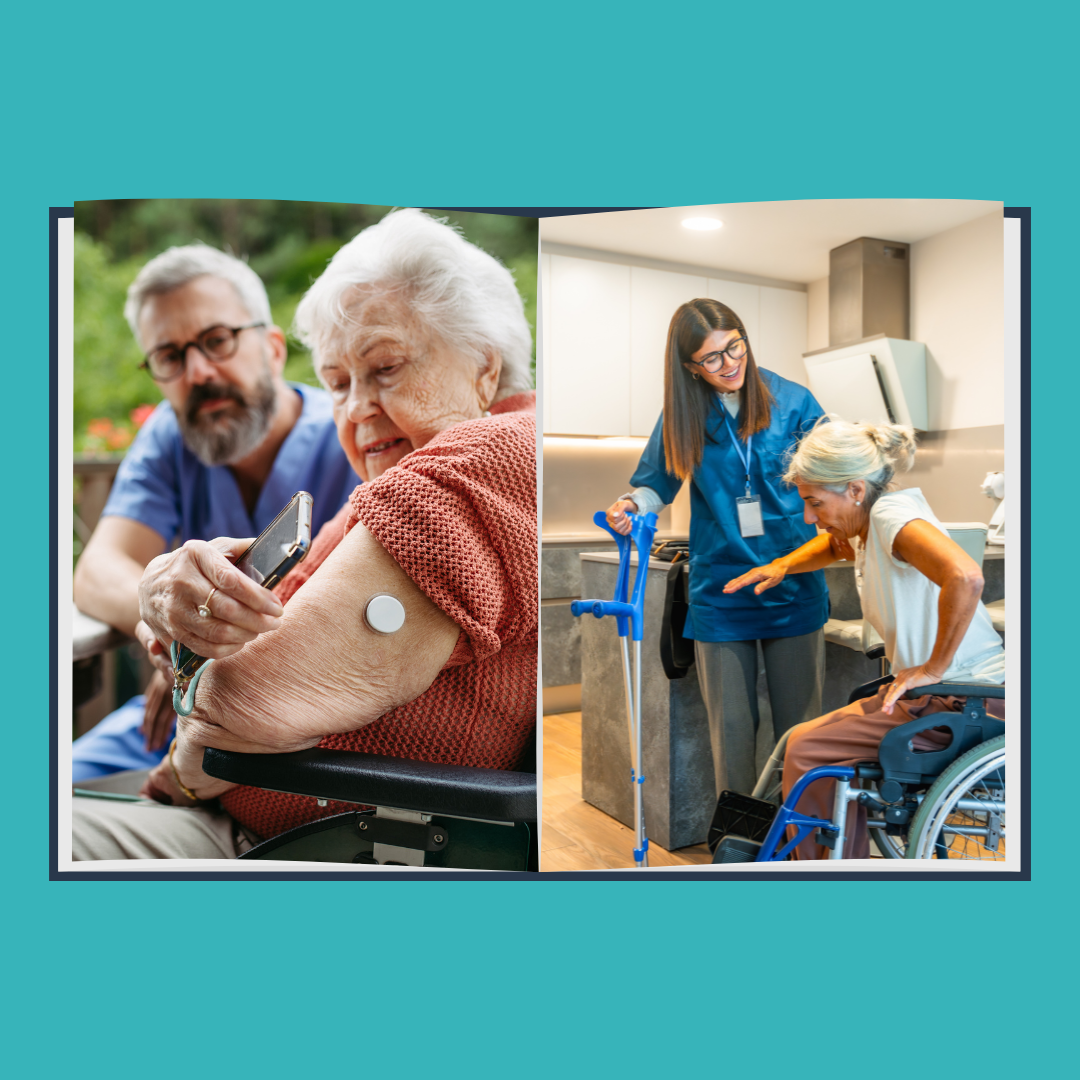New Paragraph
The Crucial Role of 24-Hour Care for Dementia Patients
Introduction:
Dementia is a challenging condition that affects millions of individuals worldwide, impacting not only the patients but also their families and caregivers. One of the critical aspects of dementia care is the necessity for 24-hour supervision and support. In this article, we will explore the importance of round-the-clock care for dementia patients and how it contributes to their well-being.
The Unpredictability of Dementia:
Dementia, including Alzheimer's disease, is characterized by cognitive decline and memory loss. The unpredictable nature of the condition often leads to wandering, confusion, and disorientation, making constant supervision vital for the safety of individuals with dementia. A lapse in care, even for a short period, can result in accidents, injuries, or the patient getting lost.
Addressing Sundowning and Sleep Disturbances:
Many dementia patients experience disturbances in their sleep patterns, with symptoms worsening during the evening, a phenomenon known as sundowning. 24-hour care ensures that trained professionals can manage these challenges, providing a structured environment that promotes better sleep hygiene and reduces behavioral issues associated with sundowning.
Enhancing Emotional Well-being:
Dementia patients may struggle with feelings of loneliness, fear, and anxiety. Having consistent, around-the-clock companionship can alleviate these emotional challenges. Caregivers, trained in dementia care, are equipped to provide comfort, reassurance, and engaging activities to enhance the emotional well-being of patients, contributing to an improved quality of life.
Managing Medication and Healthcare Needs:
Dementia often comes with additional health complications, and patients may have complex medication regimens. 24-hour care ensures that medications are administered on time, and any health concerns can be promptly addressed. Regular monitoring by healthcare professionals helps prevent complications and provides a proactive approach to managing the overall health of dementia patients.
Supporting Family Caregivers:
Families caring for dementia patients may face burnout due to the constant demands of caregiving. 24-hour care services provide respite for family caregivers, allowing them to recharge and take care of their own well-being. This support is essential in maintaining the long-term health of both the patient and their family.
In conclusion, 24-hour care is not just a convenience but a necessity for individuals battling dementia. The comprehensive support provided by trained professionals contributes significantly to the safety, emotional well-being, and overall quality of life for dementia patients and their families.









